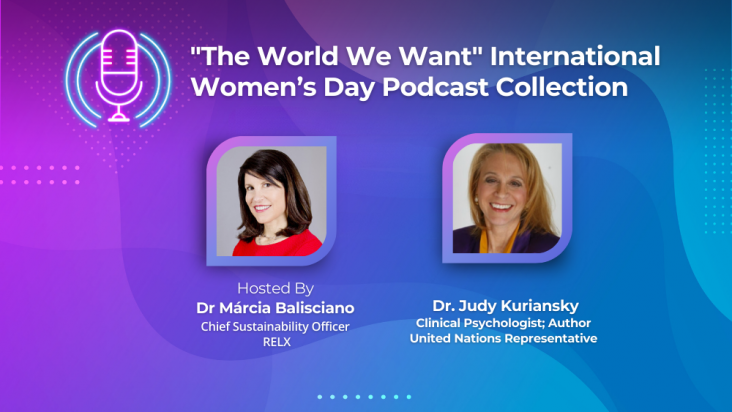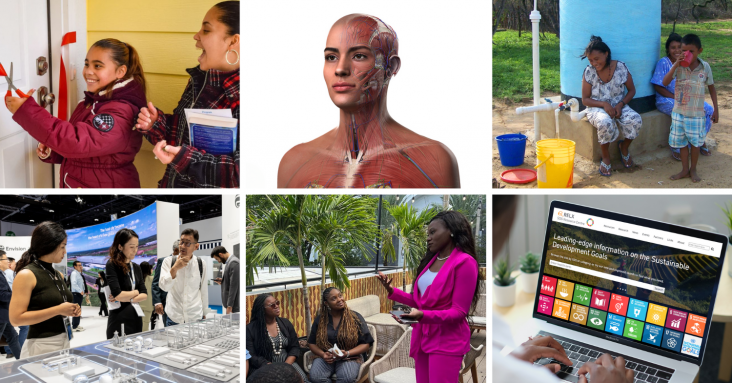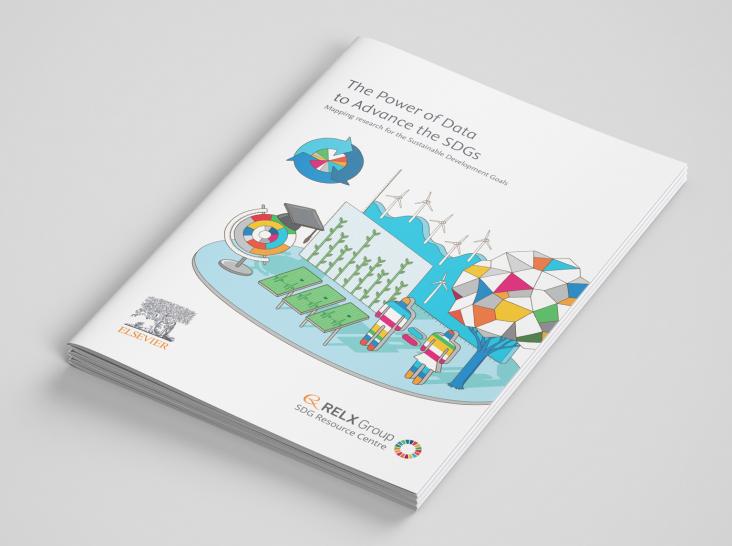
UGAHacks is a 501 (c)(3) non-profit organization that has been hosting an annual 48-hour hackathon for almost a decade now. This was the 2nd time HPCC Systems sponsored a challenge and participated in the hackathon held at the University of Georgia. If you want to catch up on our participation in last year’s event, please read the blog: UGA Hacks 8, Hot Wings and Hope for the Future.

In this episode of the "World We Want" podcast, Márcia Balisciano interviews Judy Kuriansky, an award-wining journalist, clinical psychologist, lecturer, and United Nations NGO representative. They discuss sustainable development and global goals for education, health, peace, and gender equality.
This study emphasizes the importance of adopting nexus approaches in Arctic governance to address the complex interactions between climate change, biodiversity loss, land use pressures, and local livelihoods. While Arctic policies often incorporate nexus elements, there is a need to better recognize the agency and impact of local communities and traditional livelihoods in decision-making processes. This aligns with the goals of the International Day of Indigenous Peoples by highlighting the significance of involving indigenous communities in environmental governance and promoting cross-sectoral policies that consider their perspectives and contributions.
Recent scholarly endeavors in the domain of Cyber Intelligence have unveiled its multifaceted implications, intricately interwoven with various Sustainable Development Goals (SDGs), notably encompassing Goal 9 (Industry, Innovation, and Infrastructure), Goal 11 (Sustainable Cities and Communities), Goal 16 (Peace, Justice and Strong Institutions), among others.
This study underscores the importance of recognizing and respecting diverse worldviews, knowledge systems, and values in addressing global challenges like biodiversity loss and climate change. By providing a framework that emphasizes understanding onto-epistemological assumptions and power dynamics, the research offers principles to guide more inclusive and respectful engagement with diverse perspectives, aligning with the goals of the International Day of Indigenous Peoples to promote cultural diversity and indigenous knowledge in conservation efforts.

As we pass the halfway point for the SDGs, many of the goals are worryingly off track and progress on 85% of the target indicators has stalled or even reversed. Through our information, products and people, RELX remains committed to advancing the Goals. Here are some of the ways that we continue to support their achievement.

Access to information is critical in achieving the SDGs - empowering the public to make decisions, informing policy making and enabling effective implementation and monitoring. RELX businesses regularly produce and publish free to download reports and analytics that draw upon vast amounts of information and data in support of the SDGs. Explore some of the reports and tools developed to date.
Illegal Wildlife Trade (IWT) is among the most lucrative illegal industries in the world and is a significant driver of biodiversity decline. This paper outline the basics of IWT and discuss its cascading consequences on environments, human lives and communities, national stability, and the economy.
This study supports SDG 3, 6, and 16 by providing a comprehensive quantitative analysis of the association between conflict and the incidence of cholera in Yemen, highlighting how conflict-related destruction has compounded water, sanitation, and hygiene issues in Yemen.

